Plastic waste poses a major challenge across both land and sea! Well, last year scientist calculated the total amount of plastics produced since 1950 and the result is 8.3 billion metric ton. Unfortunately, about three-quarters of which has become waste now. Having said that, many startups across the world are fighting plastic pollution.
Latvian solution to help environment
At present, there are two main global problems regarding plastic packaging. Firstly, how to reduce the volume of production of this material. Secondly, how to collect it effectively so that as little plastic as possible enters the environment. Two Latvian companies have found a solution based on artificial intelligence (AI) to make collection of plastic waste more effective and thus make a significant contribution to implementation of the upcoming single-use plastic directive in the European Union.
Deposit return schemes
Ten European countries have implemented deposit return schemes. The number is growing. However, the resolution of the European Union (EU) is that by 2030 all plastic packaging placed on the market should be reusable or recyclable. According to the study “PlasticsEurope” conducted in 2014, Europe produces 25 million tonnes of plastic waste. Only 30% of this is recycled, 39% is incinerated and 31% is dumped into landfills.
Why plastics are slow in degrading?
The chemical structure of most plastics renders them resistant to many natural degradation processes, as a result of which they are slow to degrade. Plastics often contain additives, making them stronger, more flexible and durable. But many of these additives can extend the life of products if they become litter, estimating that it could take at least 400 years for them to disintegrate. This has resulted in the high prominence of plastic pollution in the environment.
One step away from EU goals
The problem can be solved by providing attractive and effective ways to collect plastic waste. Deposit return schemes are a good opportunity to involve people in waste collection and thus help to reach the goals of the whole EU. Latvia is also one step away from making deposit return schemes work, so local companies have developed new systems to help themselves and other countries collect waste more effectively.
dots and PERUZA
Together with the technology company dots, the process engineering and equipment manufacturing company PERUZA has manufactured a prototype of the packaging deposit-refund system that can recognize and collect different kinds of packaging not only packaging of certain types of beverages. The recognition system is based on AI and it recognizes the material of packaging.
Robert Dlohi, CEO of PERUZA, said:
The problem of existing devices is that they can collect individual types of packaging. They use a barcode for recognition. Our system can currently recognize, collect and sort 0,5l and/or 1,5l PET bottles, 5l plastic bottles, 1,5l plastic canisters, as well as aluminium cans, cardboard Tetra Pak, glass bottles and jars. We have also foreseen situations when packaging appears in the system that it cannot recognize. For that we have created a separate bin for unsorted waste.
The second project has gone even further. A demo device has been created by a leading AI developer in Baltics – APPLY – in partnership with a group of companies offering solutions for sustainable and smart cities, regions and industries under the title Cleantech Latvia. On this device, AI – computer vision, machine learning and deep learning technologies – recognize various kinds of waste and help to sort them regardless of how much the shape is deformed, packaging is flattened and the packaging has no barcode.
Vismands Menjoks, Chief Commercial Officer of APPLY, said:
We built this machine to recognize the most common waste on the streets like coffee cups, PET bottles, aluminium cans, Tetra Pak and drinking yogurt carton bottles. This system doesn’t limit itself to drink packaging as most systems currently do. This means that any type of packaging can be put into the system and it will find the right way to deal with it. In future, the system will be developed to be able to separate glass packaging that can be used repeatedly from recyclable glass. Later, we are planning to add spectral analysis to detect high-density polyethylene (HDPE) and separate it from the other types of polymers or other materials such as metals.
Stay tuned to Silicon Canals for more updates in the tech startup world.
https://siliconcanals.com/news/startups/facebook-iot-connected-devices-matchx-lpwan/



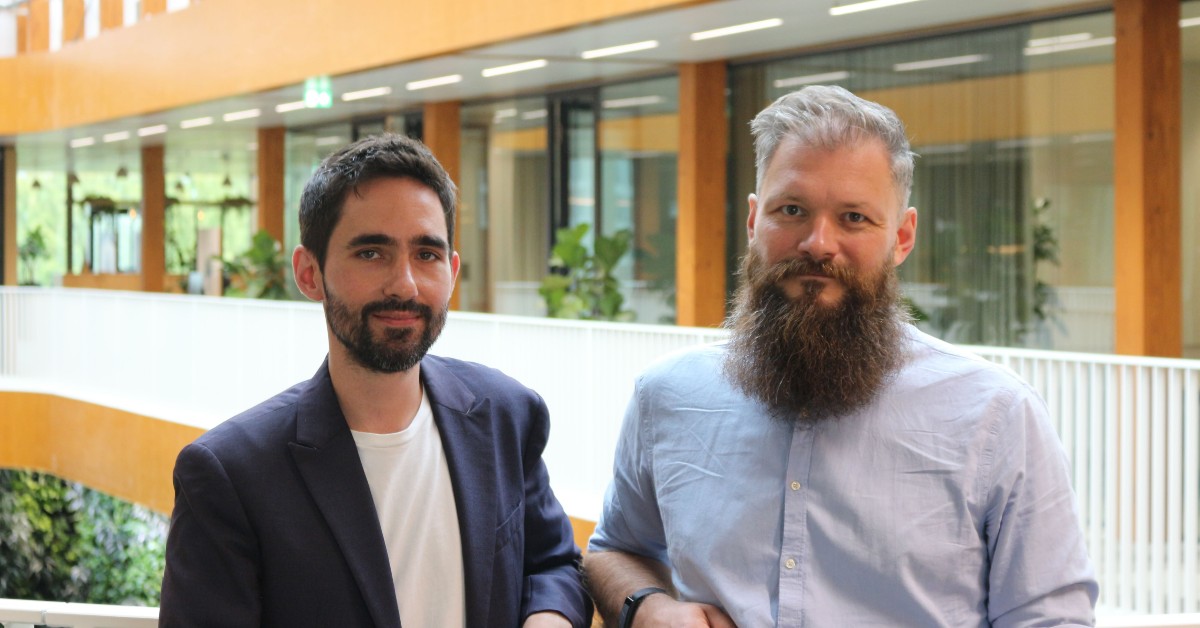

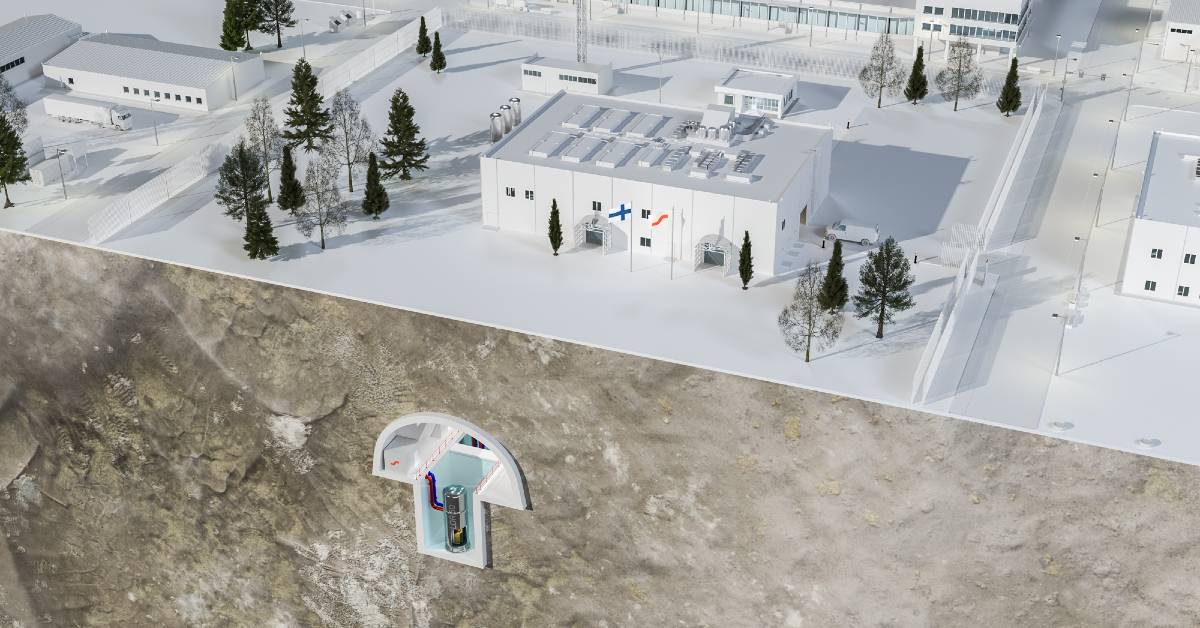
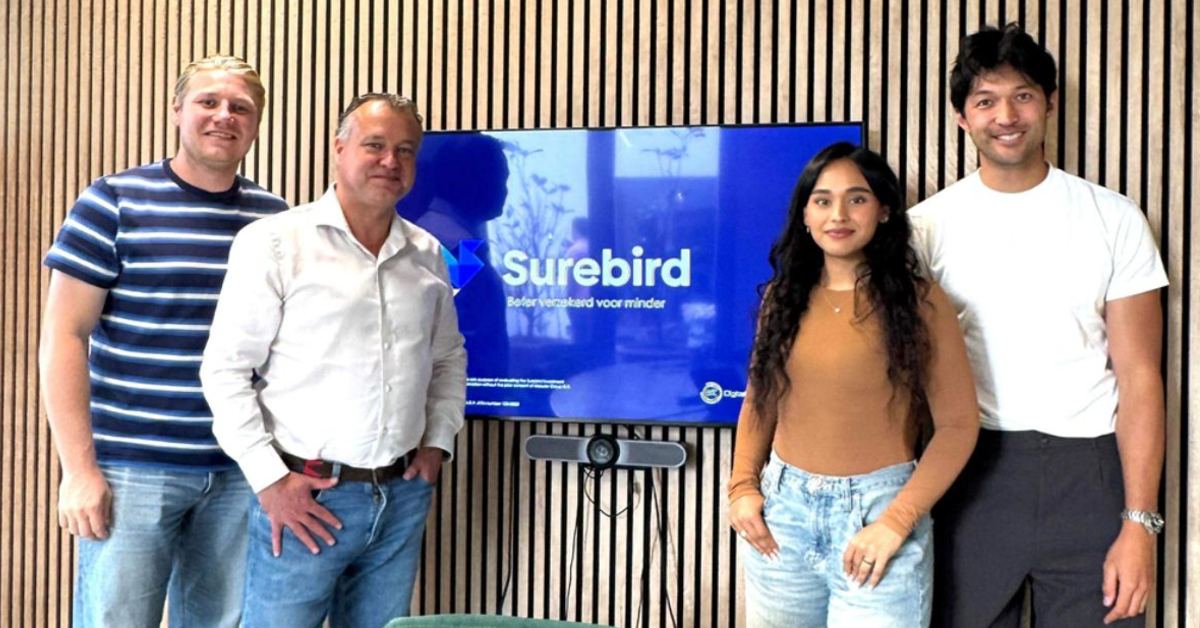
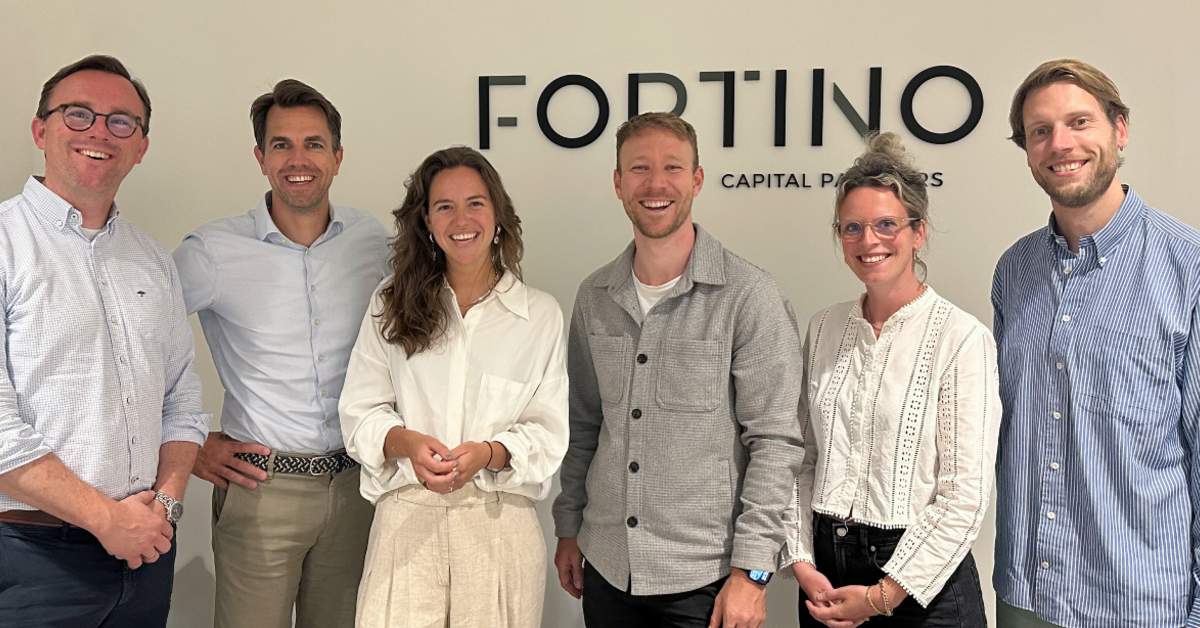
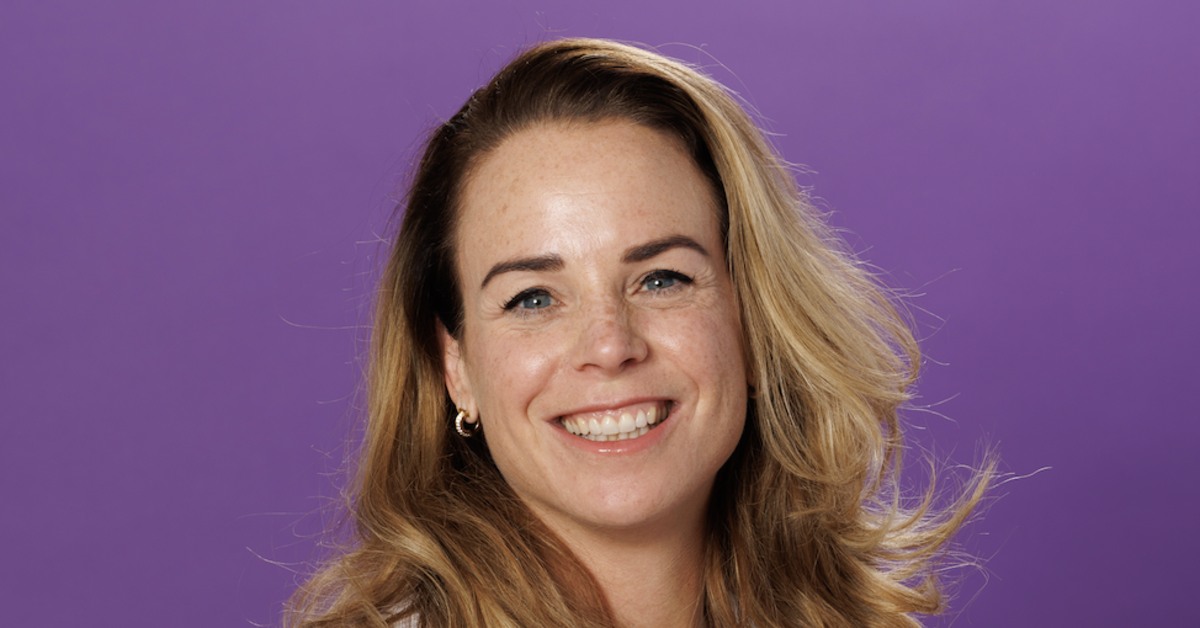

01
From telecom veteran to Dutch Startup Visa success: The Jignesh Dave story